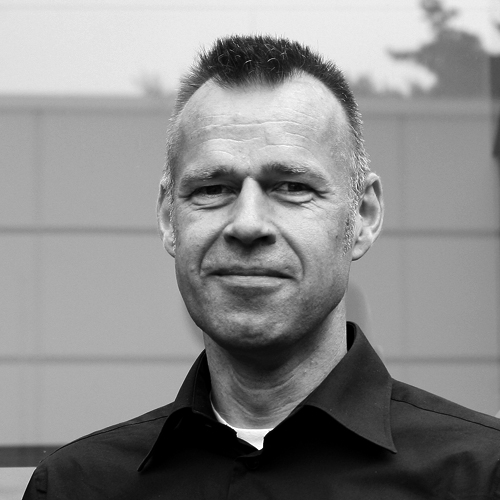PI - Universities
Coordinator - University of Torino (UNITO) Italy
Neuroscience Institute of Turin - Neuroscience Institute Cavalieri Ottolenghi
University of Torino is responsible for the management and coordination (A. Vercelli), and participant of the project. UNITO will be responsible for WP7 (Validation, I. Rainero). In particular, UNITO will provide collect 100 subjects, previously assessed clinically with both neuropsychological tests, to be studied in two subsequent waves. The neurologic clinic will provide subjects which will have already been evaluated, i.e. at no cost for the project budget. UNITO will closely collaborate with clinical partners i) to identify the indicators and measures that will be implemented in the proposed sensor-based platform; ii) to set up a database of existing intervention plans; iii) to identify clinical meaningful information for the creation of automated algorithms to detect and monitor intra-individual changes across the various domains captured by the platform indicators.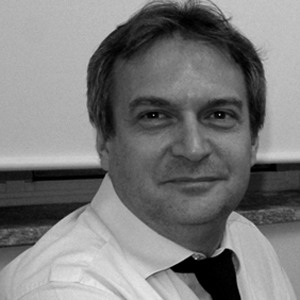 Prof. Alessandro Vercelli, MD - coordinator
Prof. Alessandro Vercelli, MD - coordinator
Prof. Alessandro Vercelli is professor in Human Anatomy at the University of Torino Medical School. He is the director of NIT since 2013, and from April 2014 President of the Italian National Neuroscience Institute (INN). He is a neurobiologist and is strongly interested in the molecular and cellular bases of neurodegenerative diseases. In recent years he collaborated with the group of Geminiani in studies of fMRI, as shown by shared scientific publications. He also published several papers in the field of the neurobiology of AD. He has experience in administrative roles and coordination having been involved in the Council of national societies (Treasurer of Società Italiana di Neuroscience, Secretary General Gruppo Italiano per lo studio della neuromorfologia), in the organization of international meetings (Treasurer of the International Brain Research Organization, Florence 2011; member of the Host Committee of FENS meeting, Milan 2014) and in running a research Institute (vice-director from 2012 and director from 2014 of the Neuroscience Institute Cavalieri Ottolenghi Foundation).
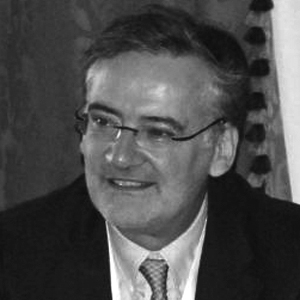 Prof. Innocenzo Rainero, MD
Prof. Innocenzo Rainero, MD
Neurologist, Prof. Innocenzo Rainero is professor in Neurology at the University of Torino Medical School and member of NIT and of the Department of Neuroscience. He has a distinguished career in the field of neurophysiology and AD. Member of the International FAD Study Group (Harvard Medical School, Boston, MA and University of Toronto, CA) that cloned the presenilin-1 gene, mutated in early-onset AD (Nature 1995), and the SORL1 gene, risk factor for late onset AD (Nature Genetics 2007). Involved in molecular genetics of primary headaches, he showed that cluster headache is associated with the HCRTR2 gene (Neurology, 2004 - Cluster Headache Award 2005). Recently, his research group found that mutations in the SQSTM1 gene are associated with frontotemporal dementia (Neurology, 2012).
Prof. Rainero is the leader of Workpackage 7 – Dissemination. The WP7 will, firstly, test in a limited group of subjects the ICT based platform. Then, the protocol will be validated in a broad group of 600 subjects, located in different European (Italy, Germany, Austria, Spain, UK, Sweden, Belgium) and non-European (Japan, South Korea and Australia) countries. The main objective of this work package is to develop a business model as a holistic approach for care provider and associated service provider and suppliers (incl. platform vendors) as well as to establish a network for dissemination the scientific results.
Prof. Wiebren Zijlstra
Prof. Dr. Wiebren Zijlstra is head of the Institute of Movement and Sport Gerontology at the German Sport University Cologne. After graduating in Human Movement Sciences, he worked at the University of Freiburg. In 1997, he received a PhD at the Medical Faculty of University Groningen (NL). Until June 2012 he was an associate professor at the University Medical Center Groningen. His research and teaching focus on physical activity and its relationships with physical and cognitive functioning in older people. Special interests include mobility, neuro-mechanical adaptability, and interventions to improve health span. In addition to national Dutch projects, he was involved in several EU funded projects (ProFaNE, SENSACTION-AAL, FARSEEING). He is author of more than 80 peer-reviewed publications, editor-in-chief of European Review of Aging and Physical Activity, editorial board member of Gait & Posture, and a regular reviewer for other scientific journals and various international research organisations.
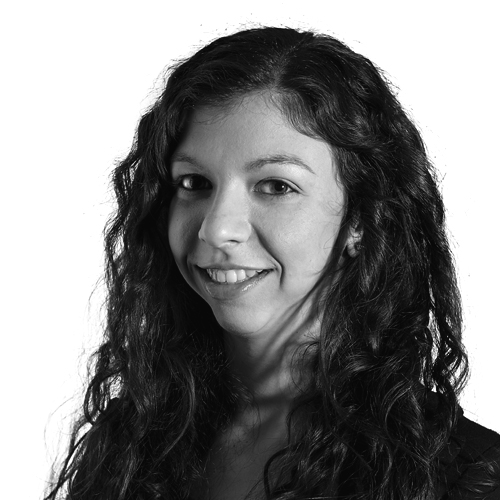
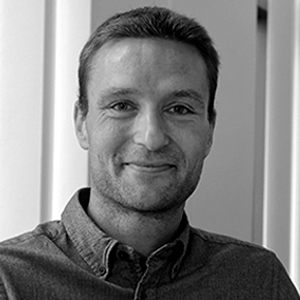 Dr Stephan Bandelow (WP3 lead)
Dr Stephan Bandelow (WP3 lead)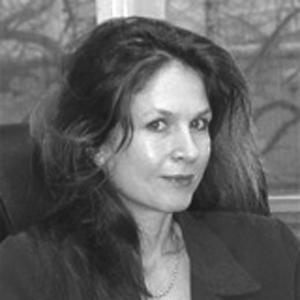 Prof. Eef Hogervorst
Prof. Eef Hogervorst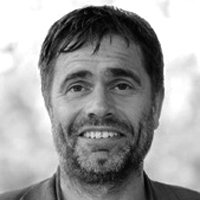 Prof. Dr. Volker Wulf
Prof. Dr. Volker Wulf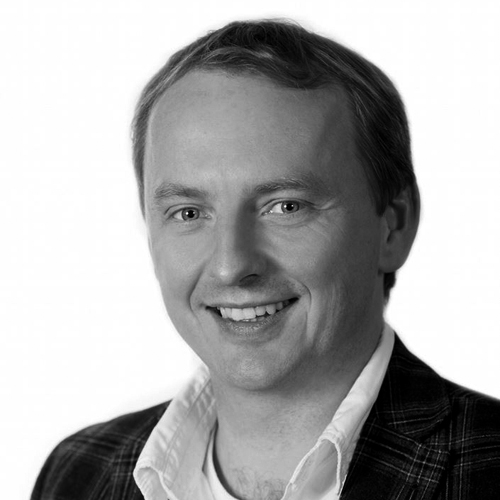
Prof. Dr. Marcin Grzegorzek studied computer science at the Silesian University of Technology in Gliwice (1996-2002), received his PhD in the area of statistical pattern recognition from the University of Erlangen-Nuremberg (2002-2006), worked as a postdoc at the Queen Mary University of London (2006-2008), was a lecturer at the University of Koblenz-Landau (2008-2010) and became professor at the University of Siegen in October 2010. Further, in January 2014 Marcin received his habilitation from the AGH University of Science and Technology in Krakow. He published over 80 papers in the area of pattern recognition, took part in 11 doctoral examination procedures as examiner/reviewer, led research and development projects with a total budget of more than 5M EUR. Marcin's scientific interests and teaching responsibilities belong to the fields of image processing, pattern recognition, computer vision, and multimedia retrieval.
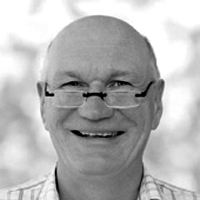 Dr. Rainer Wieching
Dr. Rainer Wieching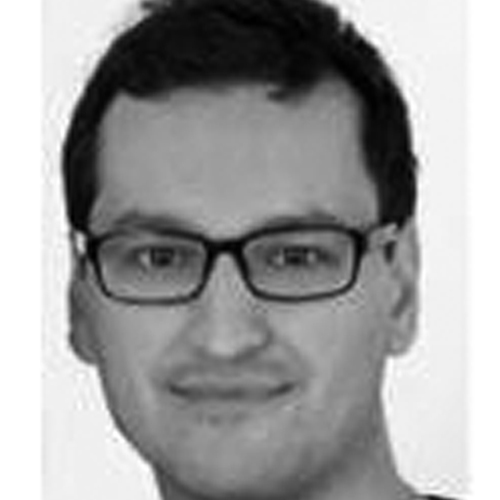 Daryoush Daniel Vaziri
Daryoush Daniel Vaziri
Daryoush Daniel Vaziri is a PhD Student at the University of Siegen. His research concentrates on the design of Information- and Communication based health technologies for the support of active and healthy ageing in elderly people. He received his Master degree in Information and Innovation management and worked in the European funded project iStoppFalls, where he conducted living lab studies with elderly people to collect data for the design of a prototype and evaluated the prototype with the target group.
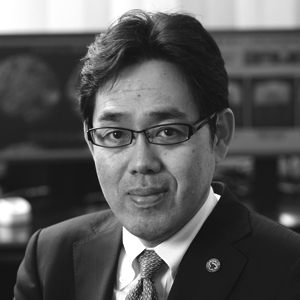 Dr. Ryuta Kawashima
Dr. Ryuta Kawashima Dr. Ryuta Kawashima is a Director of Institute of Development, Aging and Cancer (IDAC), Tohoku University from 2014. Throughout the years, Dr. Kawashima studied at Tohoku University School of Medicine, and the Graduate School of Medicine where he earned his M.D. He also spent some time in Sweden as a guest researcher at the famed Karolinska Institute. He has won the Prizes for Science and Technology, The Commendation for Science and Technology by the Minister of Education,Culture, Sports, Science and Technology in 2009. His scientific output includes over 250 peer reviewed papers and the 200 books.
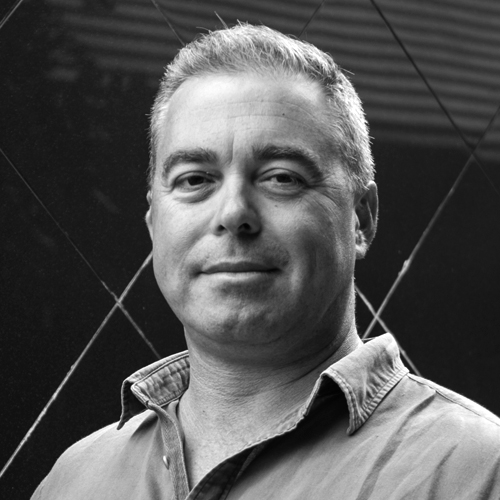 Prof. Mathew Summers
Prof. Mathew SummersProf. Summers is the team leader of aging and dementia research at the USC Sunshine Coast Mind and Neuroscience - Thompson Institute. He is a registered Clinical Neuropsychologist and expert in dementia and preclinical dementia syndromes in older adilts. A/Prof Summers has a strong record of research into dementia, mild cognitive impairment, and healthy aging and has led and collaborated on major projects into these areas.
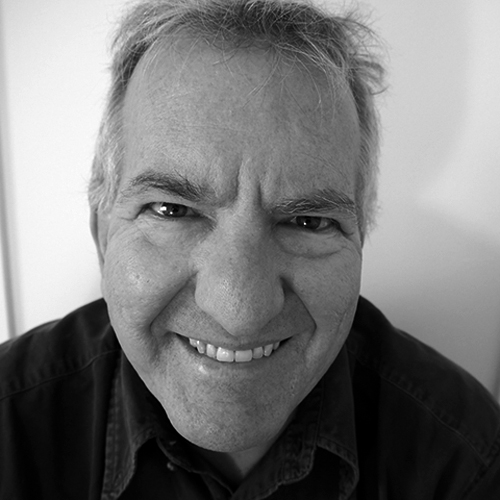 Prof. Stuart Smith
Prof. Stuart Smith
